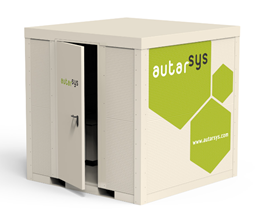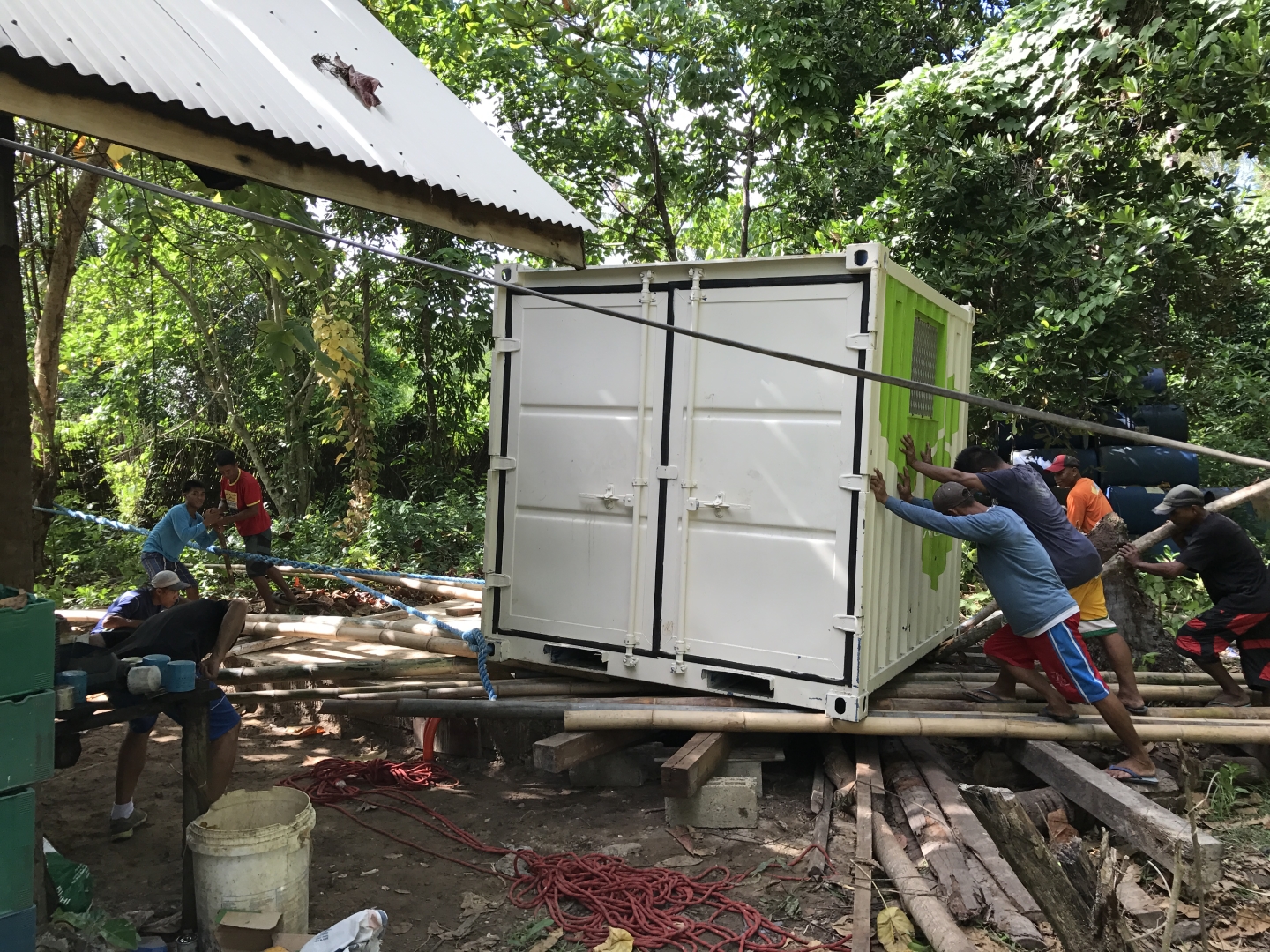Best Practice Technologies
Innovative climate technology made in Germany.
Autarsys – Innovative energy solutions for a more sustainable world

Remote and rural communities are now able to achieve energy independence unlike ever before. Autarsys develops and manufactures container energy storage systems (ESS) for on and off grid installations at market competitive prices.
Autarsys provides containerized energy storage systems (ESS) for off-grid & on-grid applications at a competitive price. On-grid applications include primary control power, energy arbitrage and peak-shaving, i.e. smoothing the grid integration of PV plants. In off-grid areas the share of renewable energy in hybrid systems (solar PV or wind / diesel genset) can be enhanced to 90%. Options are: 30 kW up to 10 MW and multiples, pre-tested & pre-installed in 8', 20' or 40' HC containers with utility grade Lithium-ion batteries and a modular inverter system including an active power filter.
Remote communities, villages and small island states can profit from using the Autarsys energy storage systems. Autarsys systems have been installed in various countries around the world, amongst others in the Philippines, Australia, Cameroon, Cyprus and France.

For more information on Autarsys click here.
Erfahren Sie mehr über die autarsys Systeme:
